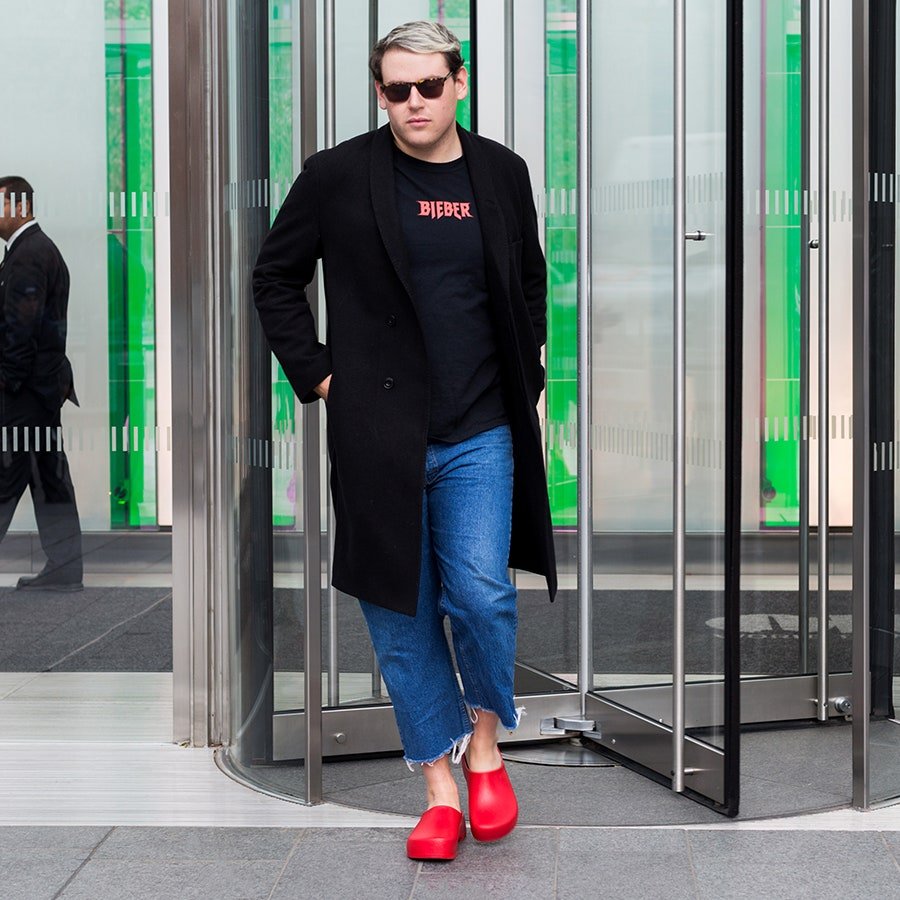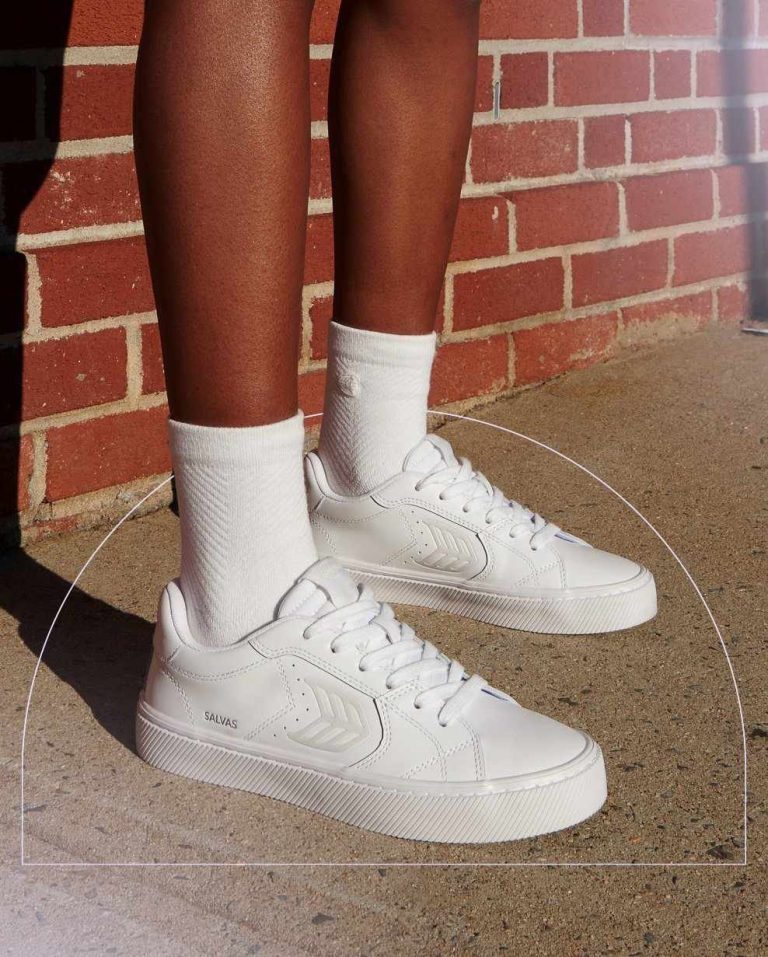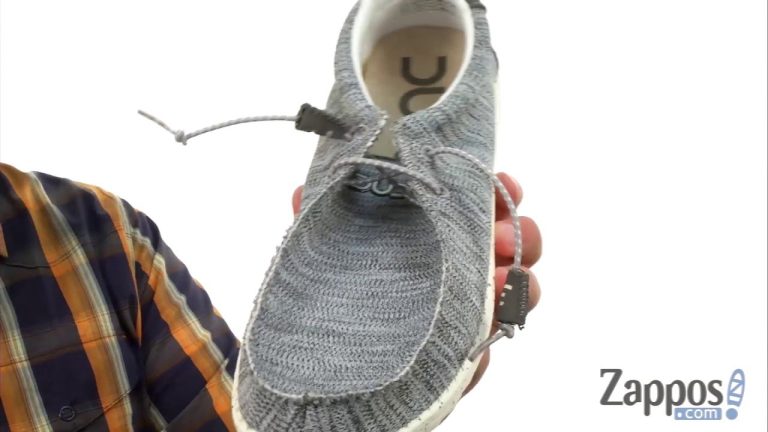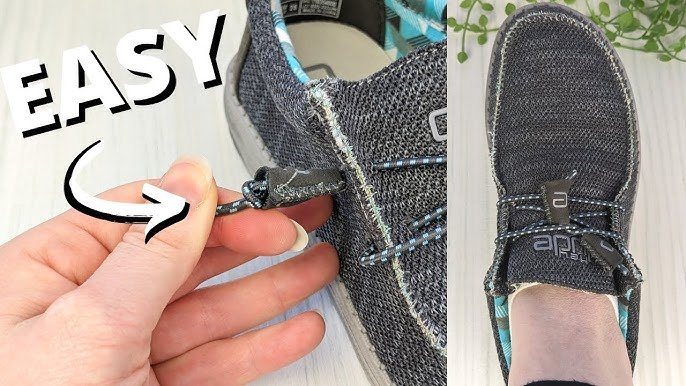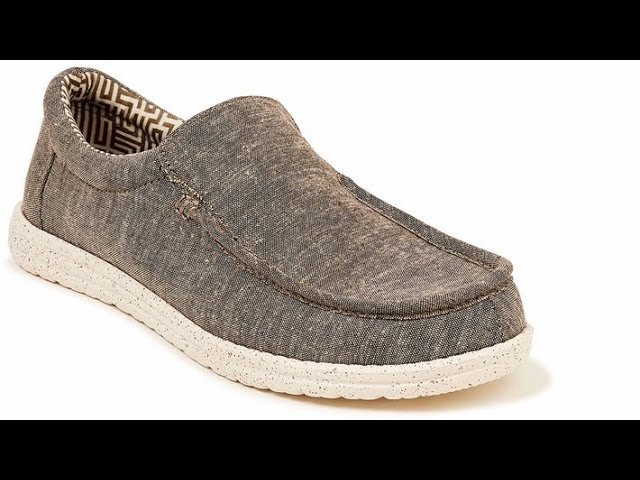Can I wear Crocs to work? The answer is a resounding yes! Gone are the days when Crocs were just considered beach sandals. These colorful and comfortable shoes have evolved into a versatile footwear option that can be worn for various occasions, including the workplace. With their unique blend of style and functionality, Crocs offer a refreshing alternative to traditional work shoes. So, whether you’re tired of wearing formal shoes all day or simply looking to add some fun to your work attire, read on to discover how you can incorporate Crocs into your professional wardrobe.
Can I Wear Crocs to Work?
The Rise of Crocs
Crocs, the iconic rubber-based footwear, have become increasingly popular in recent years. With their unique design, comfort, and practicality, they have gained a significant following. However, when it comes to wearing Crocs to work, many people are unsure if they are appropriate. In this article, we will delve into the topic and explore whether Crocs can be considered suitable work attire.
Comfort and Functionality
1. Comfort above all
One of the main reasons why people love Crocs is their unparalleled comfort. The ergonomic design and cushioned footbed offer a level of support that is hard to find in traditional work shoes. The lightweight material also ensures that your feet won’t feel weighed down and fatigued, even after a long day on your feet.
2. Slip-resistant and protective
Crocs are designed with slip-resistant soles, making them suitable for various work environments. If your job involves working in a hospital, restaurant, or any place where the floor might get slippery, Crocs can provide an added layer of protection. Additionally, they are often made from water-resistant materials, which can be beneficial for those working in wet or muddy conditions.
Professionalism and Dress Codes
1. Understanding your workplace dress code
Before deciding whether to wear Crocs to work, it is essential to understand your company’s dress code policy. Some workplaces have strict guidelines that require employees to wear formal shoes or specific attire. However, many modern workplaces have embraced a more relaxed approach to dress codes, allowing for more flexibility and individual expression.
2. Assessing the nature of your job
Consider the nature of your role and the expectations set by your employer. Certain professions require a more formal appearance, such as corporate environments or client-facing roles. In these cases, it might be prudent to opt for more traditional work shoes. However, if your job allows for a more casual dress code, there might be room for flexibility in your choice of footwear.
Pros and Cons of Wearing Crocs to Work
1. Pros
- Comfortable and supportive for long hours on your feet
- Slip-resistant and suitable for various work environments
- Easy to clean and maintain
- Water-resistant properties can be advantageous in specific jobs
- Variety of styles and colors to choose from for individual expression
2. Cons
- Might be considered too casual for certain workplaces
- Not as aesthetically pleasing as traditional work shoes
- Some people may perceive Crocs negatively, affecting professionalism
Alternatives to Crocs
1. Slip-on sneakers
If you’re looking for comfort and ease of wear but want a more stylish option, slip-on sneakers can be a great alternative. They offer similar comfort benefits while presenting a more fashionable appearance that can blend seamlessly with a casual work environment.
2. Loafers or ballet flats
For a more classic and polished look, loafers or ballet flats can be excellent choices. These options provide comfort and professionalism without sacrificing style. They are versatile enough to transition from work to social occasions effortlessly.
3. Casual leather shoes
If you want to maintain a more professional appearance while still prioritizing comfort, casual leather shoes are worth considering. They offer a balance between dressy and casual and can be a suitable compromise for workplaces with stricter dress codes.
In the end, the decision to wear Crocs to work depends on various factors, including your workplace dress code, the nature of your job, and personal preference. While some industries and companies may frown upon them, many workplaces embrace a more relaxed approach to dress codes, allowing for more flexibility. Ultimately, it is important to strike a balance between comfort and professionalism, ensuring that your choice of footwear aligns with your work environment and expectations.
It Is Never Acceptable to Wear Crocs
Frequently Asked Questions
Can I wear Crocs to work?
Wearing Crocs to work depends on your company’s dress code and workplace culture. While Crocs are known for being comfortable, they may not be appropriate for all professional environments. If your workplace has a strict dress code, particularly in industries like finance or law, wearing Crocs may not be acceptable. However, in more casual and creative workplaces, such as startups or certain industries like advertising or design, Crocs might be more acceptable. It is always best to check with your company’s dress code policy and observe what others in your workplace are wearing to determine if Crocs are suitable for your work environment.
Are Crocs considered professional attire?
Crocs are generally not considered as formal or professional attire. In most traditional work settings, such as corporate offices or formal events, wearing Crocs may be deemed inappropriate. It’s important to remember that professional attire often requires more formal and polished footwear, such as dress shoes or heels. However, in certain casual and relaxed work environments, such as creative industries or casual offices, Crocs may be considered more acceptable. Ultimately, it depends on your workplace’s specific dress code and expectations.
Can I wear Crocs to a business casual workplace?
Wearing Crocs to a business casual workplace might be acceptable if your company’s dress code allows for more relaxed attire. However, it’s essential to remember that business casual still typically calls for more polished and professional footwear. Opting for closed-toe shoes, loafers, or dressier flats would generally be more in line with the business casual dress code. It’s always a good idea to consult your company’s dress code policy or ask your supervisor for clarification on what is appropriate for your workplace.
Are there any industries where Crocs are suitable for work?
There are some industries where Crocs may be more suitable for work. For example, in healthcare settings such as hospitals or clinics, Crocs are often favored for their comfort and practicality. Additionally, in industries where employees spend long hours on their feet or require slip-resistant footwear, such as hospitality or food service, Crocs may be considered more appropriate. However, it’s still important to check with your employer or company’s dress code policy to ensure that Crocs are acceptable in your specific work environment.
What are some alternatives to Crocs for work?
If wearing Crocs is not suitable for your work environment but you still desire comfortable footwear, there are several alternatives to consider. Loafers, ballet flats, or dressy sneakers are excellent options for both comfort and style. These types of shoes can provide the necessary level of professionalism while still ensuring your comfort throughout the workday. It’s always a good idea to choose footwear that suits your work environment and adheres to your company’s dress code policy.
Final Thoughts
Crocs, the popular lightweight plastic footwear, have been a subject of debate in many workplaces. While they offer comfort and practicality, their casual appearance may not be suitable for all professional environments. Considering company dress codes and the nature of your work, it is crucial to assess whether wearing Crocs to work aligns with the level of professionalism and expectations. In industries that prioritize comfort and value a more relaxed dress code, Crocs may be more acceptable. However, in more formal settings, it is advisable to opt for footwear that is more professional and aligns with the company’s expectations. Ultimately, the decision to wear Crocs to work depends on the specific workplace and its norms.
